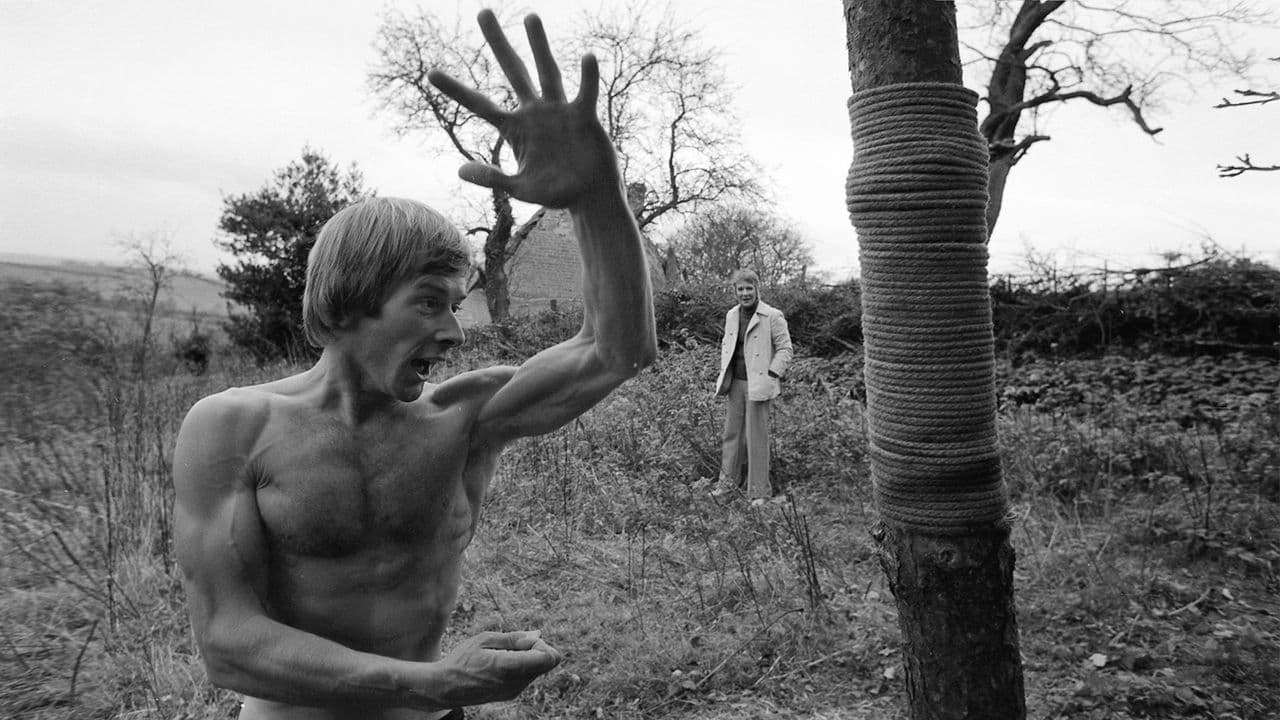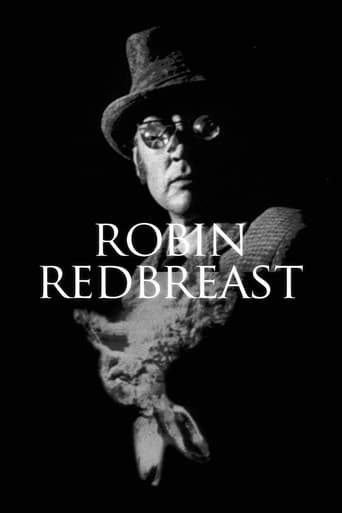

It is a performances centric movie
... View MoreI think this is a new genre that they're all sort of working their way through it and haven't got all the kinks worked out yet but it's a genre that works for me.
... View MoreThe film's masterful storytelling did its job. The message was clear. No need to overdo.
... View MoreOne of the film's great tricks is that, for a time, you think it will go down a rabbit hole of unrealistic glorification.
... View MoreDuring my early teenage years,I remember that whenever my mum and dad talked about TV shows that were show when they were growing up,they would always mention a program called "Play For Today",due to how much controversy the program received during its airing.Years later:After having the extraordinary chance to attend a Q & A session which director Mike Leigh held at a near by Uni,I became interested in taking a look at the Play For Today program,which had been highly spoken of during the Q & A.Doing a bit of research about the show and also checking for its availability,I was thrilled to discover that all of Leigh's Play For Today's had been brought out,but was shocked to discover that out of the 300 or so plays,only a tiny fraction of them had been brought out,with most of the plays sadly being left to fade away into history.Having given up on seeing any of the "forgotten" Play For Todays,I ended up happily being caught completely by surprise,when a friend kindly gave me a copy of a wonderful sounding,"Forgotten" Play for Today play/episode!.The plot:With recently having had a messy break up with her long term partner in London,Norah feels that she needs to get away from "The City" life as far as possible,which leads to her deciding to move away to a cottage in a remote rural village.Hiring a local called Mrs Vigo to act as a part time maid for the house,Norah notices that field mice's seem to have somehow gotten into her cottage.Being advised by Vigo, (who seems to know about everything that happens in the village) Norah decides to ask a rugged,young gamekeeper called Rob to help with getting rid of the mice's.Thinking about Rob during the night,Norah gets the shock of her life,when she hears a loud thud that rattles her cottage.Despite having "gone home" hours ago,Rob bursts through the front door and tells Norah that he has just come to check up on her,and see if everything is alright.Feeling relived about seeing him again,Norah starts to feel very close to Rob and ends up sleeping with him, (unprotectived-due to her contraceptive having strangely "disappeared".) Leaving her behind after their night of passion,Norah quickly discovers that Rob has made her pregnant.Deciding that her night with Rob was a "one off",Noarh starts to make arrangements to stay with friends In London,as she considers either keeping the child or having an abortion.Attempting to sort out an agreement with her friends on where she can stay,Norah begins to notice that the towns folk are worryingly starting to surround her,as if they are trying to do everything possible to make sure that she never leaves "their" village.View on the play:From the moment that Norah steps into her cottage for the first time,writer John Bowen makes the dialogue impressively frank,in a manner which is still sharp and has not been worn down over the ensuring decades.Having Norah, (played by a terrificly firm Anna Cropper) feature in almost every scene of the play,Bowen cleverly has the character break every taboo imaginable,from smoking whilst pregnant, (shown in a smartly matter of fact way by director James MacTaggart) to destroying any remaining that "Intamate" relationships shown on TV have to involve love,and cant feature a character who just wants to sleep with someone,and never see them again.Surprisingly being ahead of some of the themes which Anthony Shaffer's screenplay of The Wicker Man would look at a few years later,Bowen expertly has the brilliant "Folk Horror" of the play always bubbling away underneath,until the end when he smoothly pushes it right to centre stage,as Norah begins to fear for her life over how strange and sinister the towns folk are,whilst also realising,that she has in fact not entered any village,but has in fact horrifyingly entered "their" village.
... View More